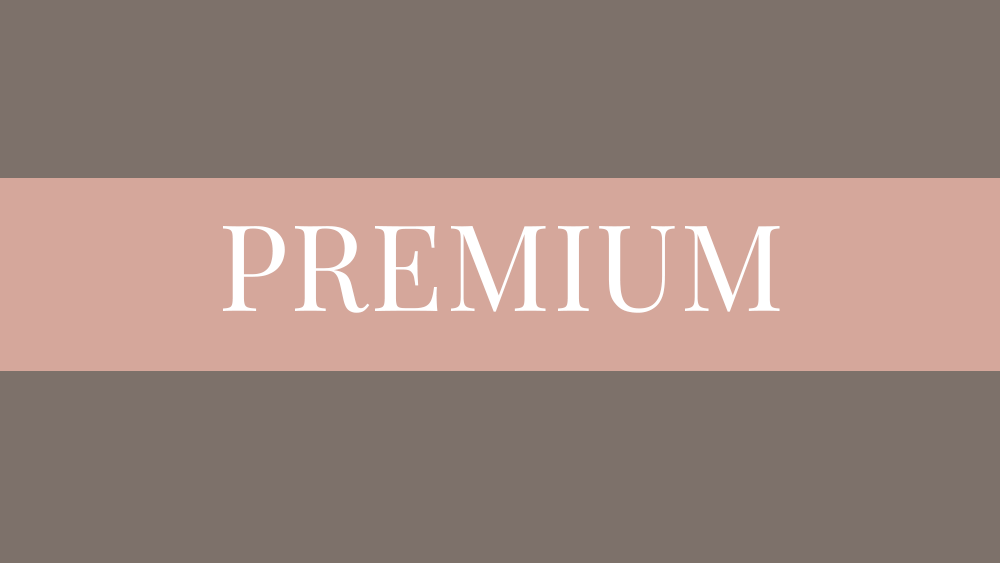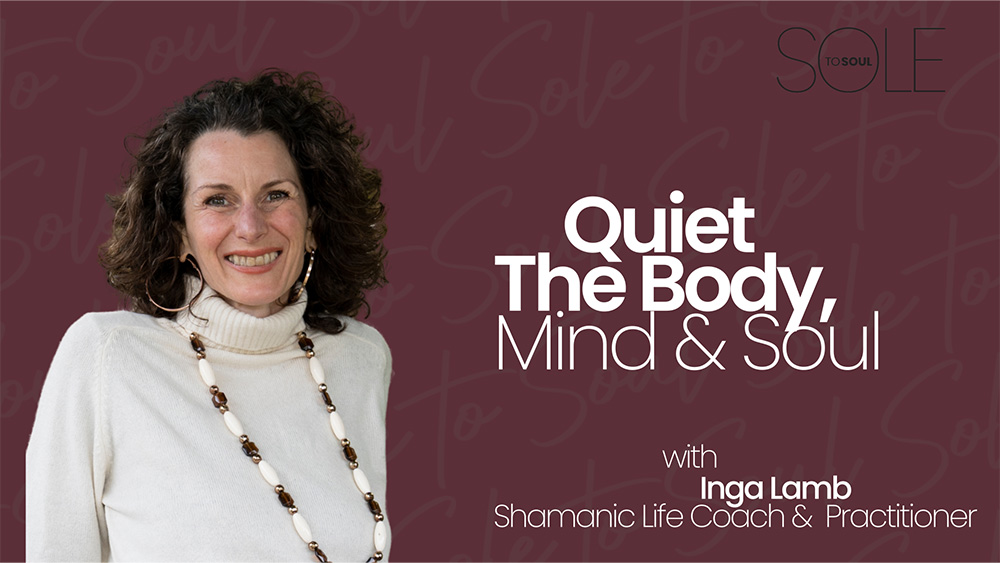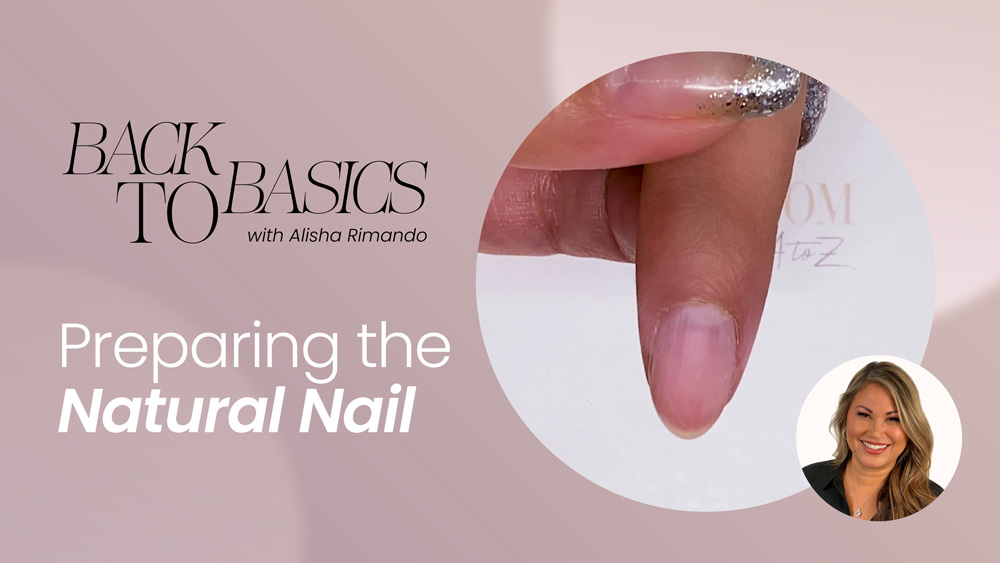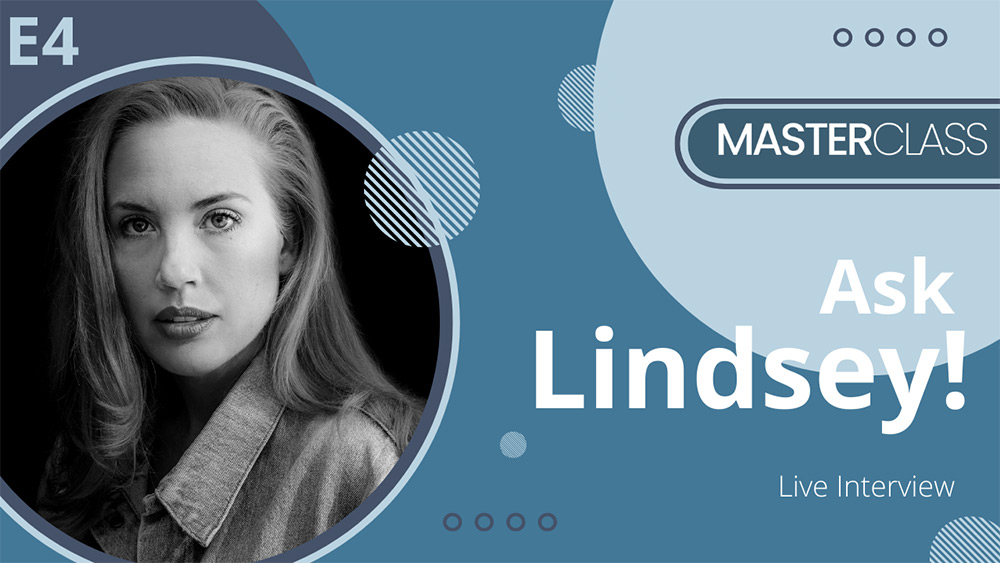Good morning everyone and welcome to the final video in the series Positivi-tea. Lovely to see you all and I hope you're well. And as you know, we've been focusing on how to set up your day for success so that you nail it, focusing particularly on the morning. So this week, we're moving to journaling. When we think about journaling, we probably think about, teenager usually a girl, journaling every day and writing her deepest secrets and hiding it away and that tends to be our connotations of journaling. But you know what? Journeying is for everybody and it's great for adults as well. There's been so much research on the benefit of journaling, one set of research showed that people who journal have less sick days. And you can wonder why that is? And it's because of the merits of journaling. I mean if you think about it, if we keep everything inside, then it's like a volcano and it will just build up and build up until explodes, so we snap at someone, we shout at someone, we burst into tears, things like that. Our journaling can be a great way of just letting it out and reducing that stress. Another great way is a therapist or a life coach because you can talk to them, but journaling as well can also help in that process, because you're getting it out and when you're getting it out on paper or, depending on what medium you're using, because you can also do it on your laptop, you can also do it on an app. There's many different ways. I personally like pen and paper. When you get it out, so much is happening. It can help us to get perspective on something, because sometimes when it's inside, we don't get perspective, it can help us with acceptance. It can help us to think about other ways to deal with it. It can help us to acknowledge our emotions and all these things can really help. So people who journal have lower rates of depression, lower rates of anxiety. So the research clearly states that it's really brilliant. Also I keep referencing that 5am Club, it talked about 20-minutes of exercise, 20-minutes of study and 20-minutes of reflection. So this journaling process can help with that reflection and you can use the journal in many different ways. It could just purely be where you write down, you express whatever you're feeling. So that's one way. Some people might like it in a more structured way. So it might be, what happened in my day, my feelings about that and what I've learned, there's many different ways you can do it. I've also talked about, where you can have promps. So for example, if you look online, you can get the gratitude prompts and it could be 30 different prompts for the month and you just follow that. So what food are you grateful for?What person are you grateful for? And you just use that. So as I said, there's many different media so try and see what works for you and some people write for half an hour, some people longer, but just remember we said the starting is always the important bit. So, set your timer for 2-minutes and whatever medium you're trying, just try. If you are expressing something that's upsetting to you, fine express it, there's no need to reread it, because that's just going to bring up your emotions, but you can turn it into a more positive experience by saying what you're grateful for, from that experience, and what new learning you've taken from that experience. So that's an important thing to think about as well, as I've said, you've got different media to actually write your journaling in. So for me personally, as I said, I prefer a book. So if you're going down the book route, maybe invest in a nice book, a nice pen. Also to help with habits, and i'll recommend another book called, Atomic Habits, which talks about how you can make habits work. So the idea is that you keep introducing little habits at a time, and then it just helps you to implement those habits. So its a book definitely worth reading. So a good thing to do with habits is to have a set time every day. So maybe it's morning. Maybe it's evening and just try that. So, as I've said with all the previous videos, try it for a week, see how it is. Things are not for everyone, but see and then if it works for you, then great, and then you can adapt it as a regular habit. So journaling is a great way to set your day up for success at the beginning of the day or you may find that you prefer it in the evening. Anyway, these are great tips to help you nail your day. Have a great day. Thank you and bye.
![]()
Power of Journaling
A recognised way to reduce stress and anxiety, journaling is a great way to channel and express your thoughts. Don’t let your mind get clogged or your emotions trapped, a daily practice of journaling is a great way to organize your life, while helping ease away depression or worries. A key way to easily improve your mental health, use journaling to free yourself and your mind.










